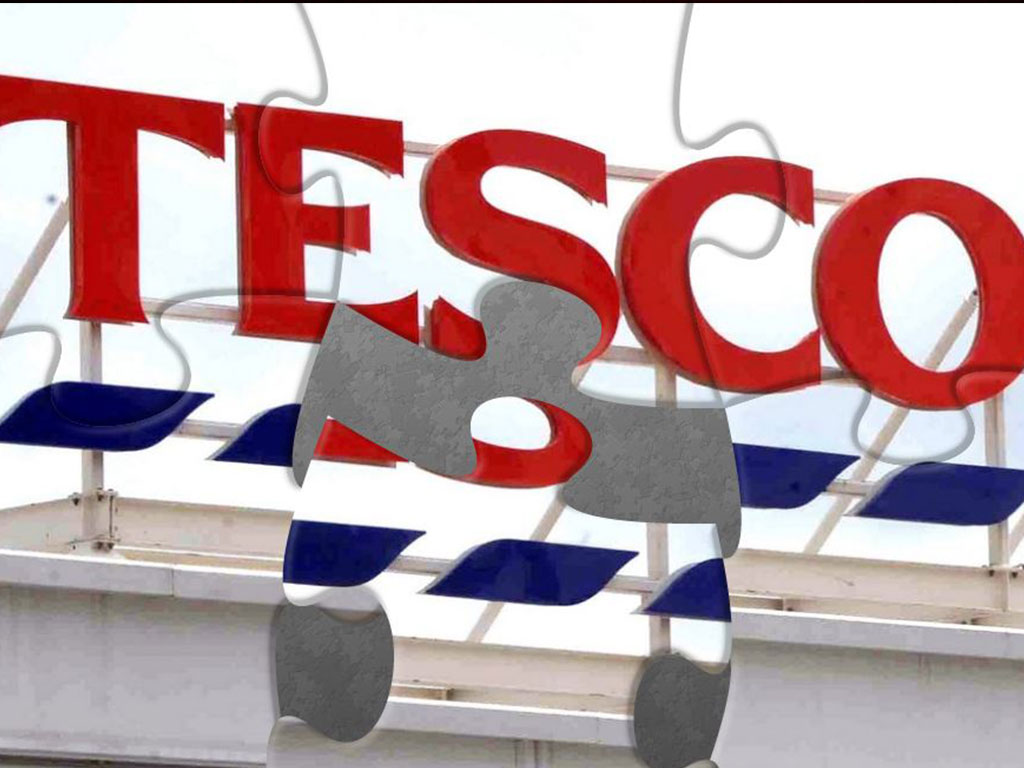Analyzing a company is like putting together a jigsaw puzzle that you bought at a garage sale — some pieces will always be missing. No matter how hard you try, you’ll never have a complete picture. But the beauty of investing is that to succeed you don’t need all the pieces, just enough to see what the picture is trying to tell you.
I’ve been solving the puzzle of Tesco since Warren Buffett bought a stake in the grocer a few years back. The pieces I gathered piqued my interest enough to actively follow the company every quarter but not enough to buy its shares. Finally, over the past few months, Tesco’s puzzle came together for us and we purchased its stock.
Tesco used to be the U.K.’s darling retailer — its Wal-Mart or Target. It is still one of the largest global retailers, with sales topping £74 billion ($120 billion). Two-thirds of its sales come from the U.K. and Ireland; the rest are divided more or less equally between Asia and Eastern Europe.
Tesco was well managed from the early ’90s through the mid-2000s and grew earnings like a clock. Its stock went up eightfold during that period. It had an impeccable reputation and a conservative balance sheet. As the largest retailer in the U.K., Tesco had competitive advantages that are usually hard to come by in retail: huge buying power and enormous real estate holdings. The latter is a key asset in the U.K. I’ve been told (facetiously, though there’s a lot of truth to it) that it is easier to get a permit to build a nuclear power plant in the U.S. than it is to get one for a new grocery store in the U.K.
During the global financial crisis, Tesco management thought we were facing a depression, not a recession. They overreacted, and instead of putting on a long-term hat, they put on a flimsy, short-term one. They went into preservation mode, stopped reinvesting in their stores and cut costs. Though Tesco squeaked through the crisis in one piece, these decisions came back to bite the company — stores looked tired, customer service declined, and merchandise selection became stale. Predictably, Tesco started ceding 30 percent of its market share to rivals. Mistakes are human, any management will make them, but it is how a company goes about admitting and fixing them that matters. Tesco’s management owned up to their mistakes and started fixing them fast. They cut prices, hired thousands of associates and reinvested in the business. The stores’ appearance, selection and customer service improved dramatically — my scuttlebutt research confirms this, and the data supports it too — and same-store grocery sales turned positive.









0 comments